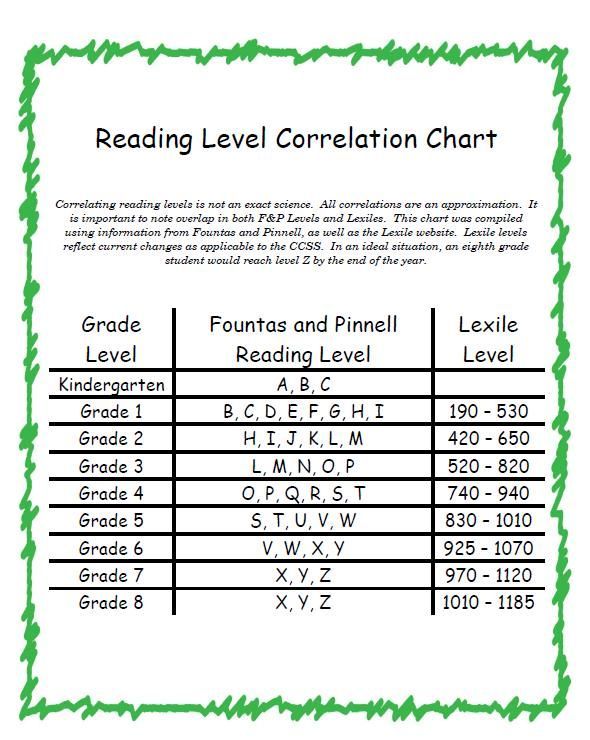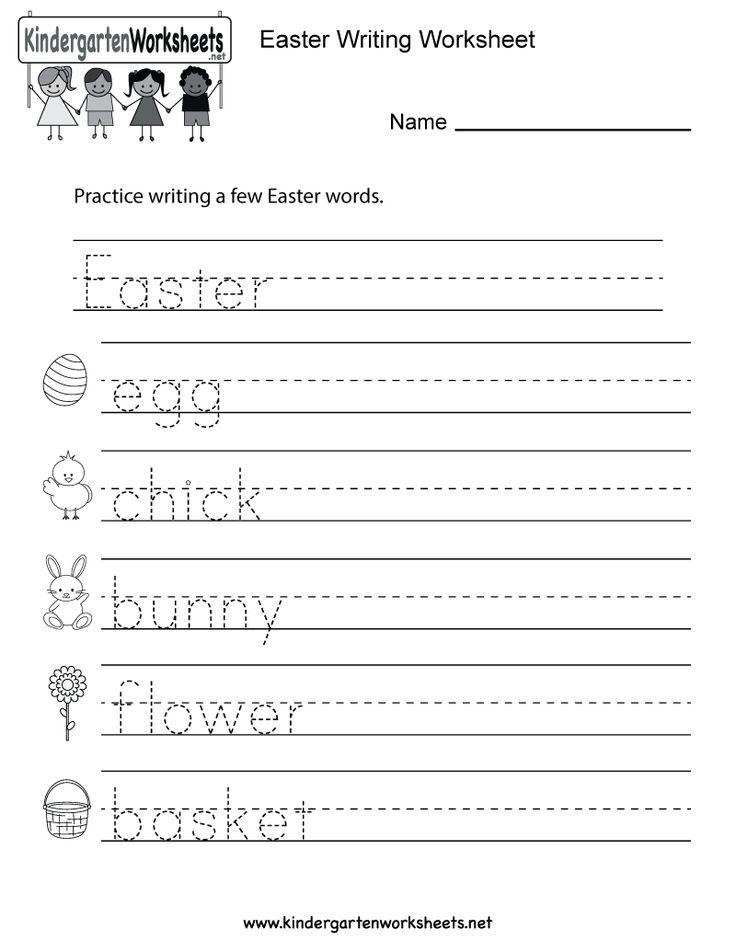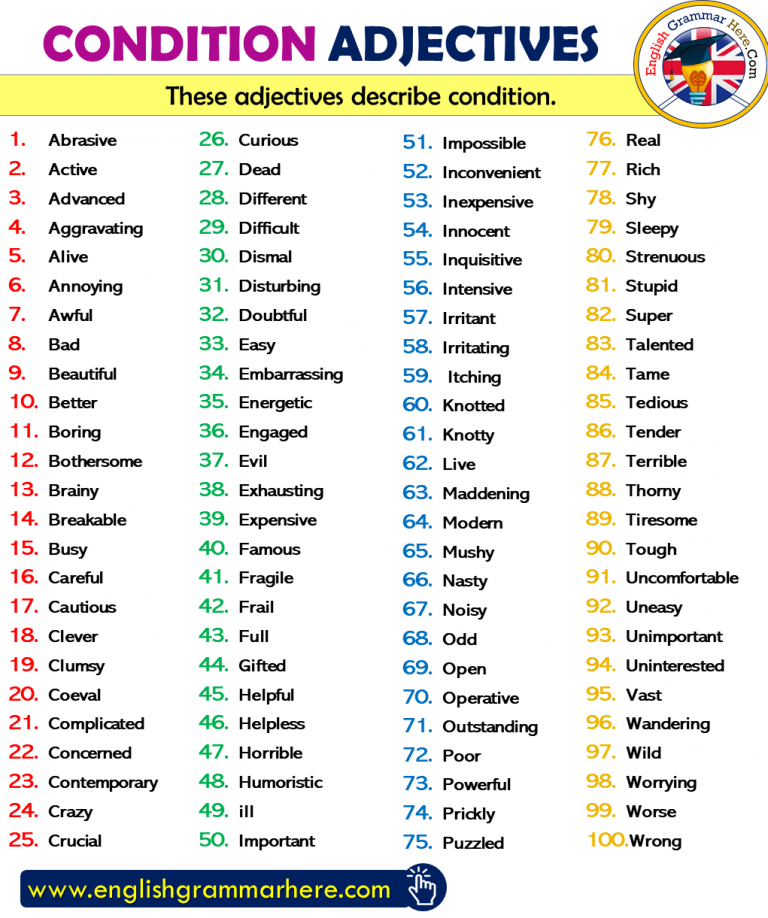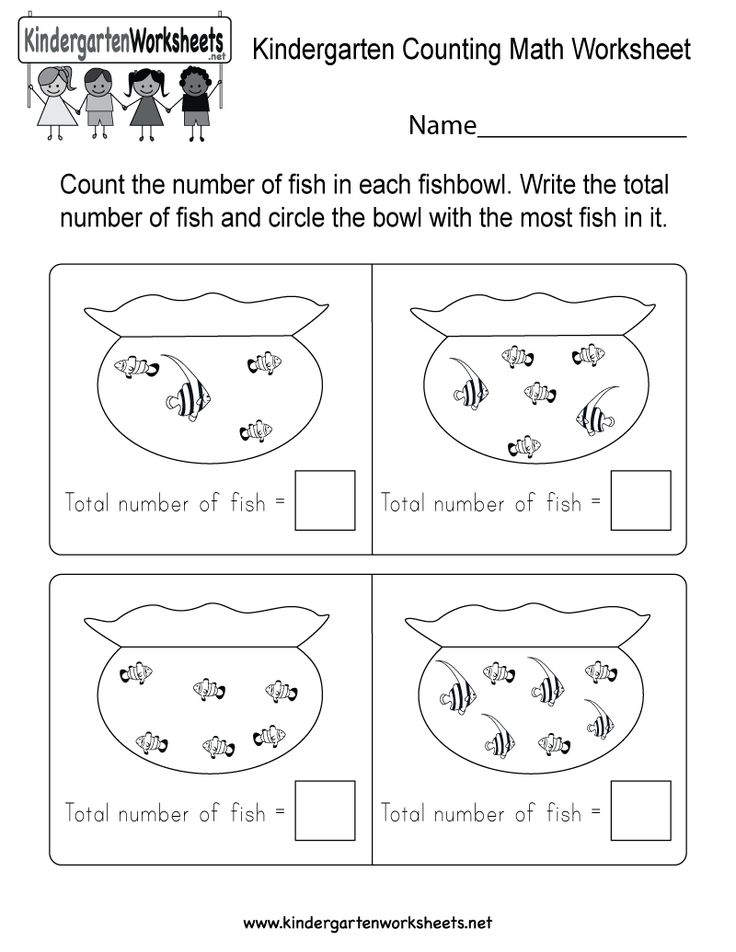What is a reading lexile
Introduction - Reading and Lexile Scores
What is a Lexile Score?
A Lexile score is a standard score that matches a Grade 1-12 student’s reading ability with the difficulty of the reading material.
When the reader's score and that of the reading material are the same, the student is expected to read with 75% comprehension – difficult enough to be challenging without undue frustration and to encourage reading progress.
Scores range from 200 to 1700.
Lexile measures are a measure of text difficulty. They do not address age-appropriateness, student interest or the quality of the text.
Google does not use Lexile scores, and while in the past Google Advanced Search used to rate websites as beginning, intermediate or advanced reading level - Google no longer offers this feature. However, an alternative way to search and obtain results with reading levels marked is here: Choosito.com Search.
This site http://www. lexile.com/ will let you enter your lexile level range and find a list of books that not only meet your lexile requirements, but your interests, i.e. social issues or technology, and your age range. However, the age range is limited to 18 years and younger. You can also see if a particular book is listed to learn the lexile level.
Sample Lexile Texts
Examples of Reading Levels
This Lexile map shows texts matched to levels of reading ability. The literature titles and reading selections are examples that range from 200L to 1700L on the Lexile scale.
Lexile Grade Level
Lexile-to-Grade Correspondence
Student's Guide to Lexiles
This guide gives Grades 1-12 students practical information about Lexiles—what they are, what they mean, and how students can use them to find reading materials that match their reading abilities and interests.
Perhaps you already recognize the term “Lexile” as the reading level number for an article in an EBSCOhost database search. Or maybe you know that a Lexile is a measure of your reading ability based on your score from a reading test. But do you know what the number really means?
How Can Lexiles Help Me Find Reading Materials?
Lexiles can help you find books and articles based on your individual reading ability and interests. For example, if you are a 980L reader, you should be able to read and understand most texts at this level. It is best to find materials within a range of 100L below and 50L above your Lexile measure. Texts below 980L will be easier to read; texts above 980L will be more challenging.
I don’t know my Lexile measure. Can I get a Lexile measure from EBSCOhost, based on the magazines I like to read?
If you or your teachers do not know your actual Lexile measure, you can use a school library or public library EBSCOhost database to estimate your reading ability.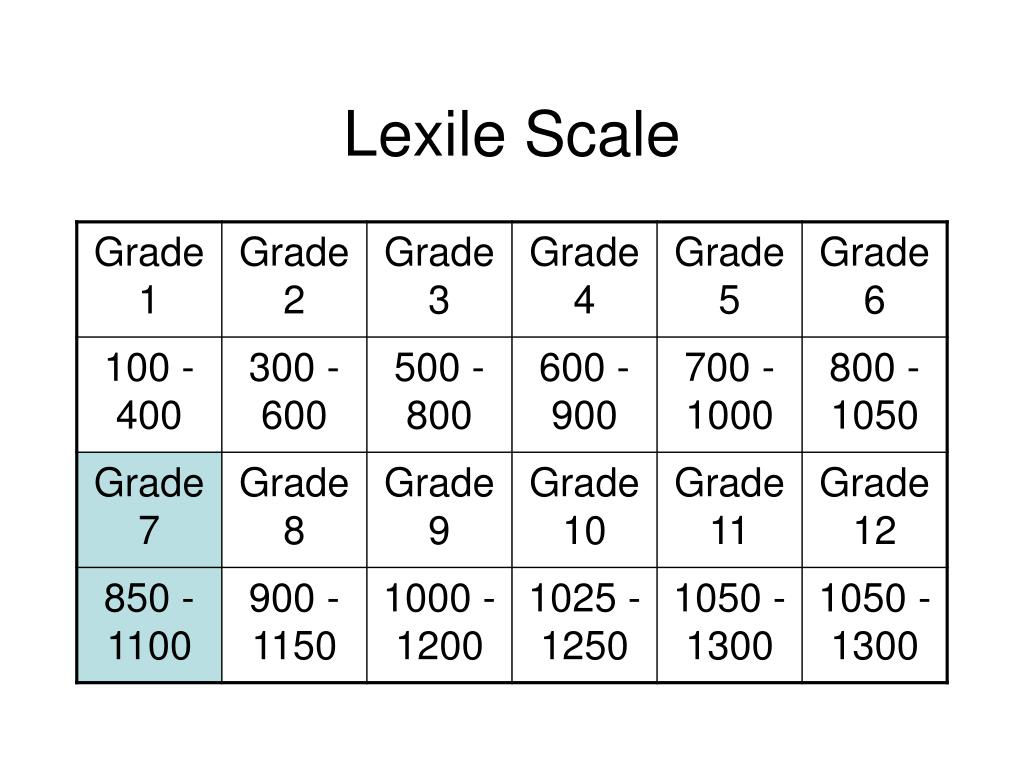 Log into EBSCOhost on your library’s computer and choose a database with Lexiles, such as Primary Search, Middle Search Plus or MAS Ultra. On the
Basic Search screen, check Full Text, then type in a magazine name in the Publication field. Click Search. EBSCOhost will bring up all of the articles from that magazine. Each article will have a different Lexile measure, which will give you a general idea of the magazine’s reading level.
Log into EBSCOhost on your library’s computer and choose a database with Lexiles, such as Primary Search, Middle Search Plus or MAS Ultra. On the
Basic Search screen, check Full Text, then type in a magazine name in the Publication field. Click Search. EBSCOhost will bring up all of the articles from that magazine. Each article will have a different Lexile measure, which will give you a general idea of the magazine’s reading level.
Lexile Framework for Reading GL Education Group (April 14, 2011)
Examples of Reading Levels (Framework)
This Lexile map shows texts matched to levels of reading ability. The literature titles and reading selections are examples that range from 200L to 1700L on the Lexile scale.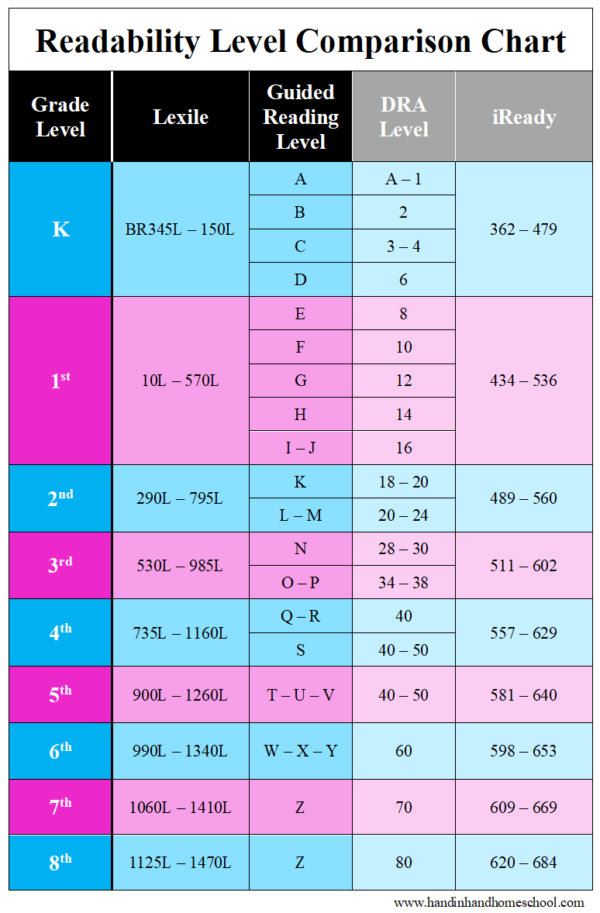
Lexile Framework for Reading for Parents and Educators
The educators and researchers at MetaMetrics created the Lexile Framework for Reading to transform the world of education with a research-driven, scientific system to help all readers navigate the path to success in school, college and careers.
Reading
QR Code
Scan the above QR Code with your QR code reader to access this page on your mobile device.
What is Lexile measure? | EdWords
What is Lexile
® Measure?The Lexile® Framework for Reading is a scientific approach to measuring reading ability and the text complexity of reading materials.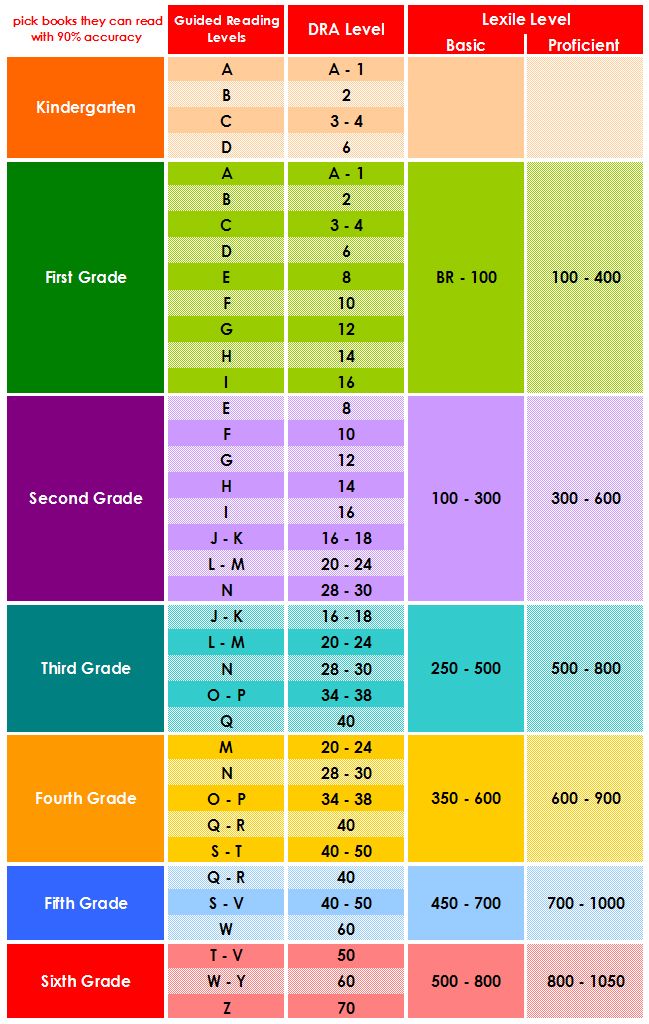 The Lexile scale is like a thermometer, except rather than measuring temperature, it measures a text’s complexity and a reader’s skill level.
The Lexile scale is like a thermometer, except rather than measuring temperature, it measures a text’s complexity and a reader’s skill level.
When these two measures match, a targeted reading experience occurs. Students who read at the right levels experience more reading achievement and growth. Renaissance partners with the creators of the Lexile Framework, MetaMetrics®, Inc., to bring Lexile measures into Renaissance Accelerated Reader 360® and Renaissance Star Reading ®.
How can Lexile measures guide students to appropriate books and articles?
The Lexile Framework assesses both sides of reading development: the reader and the material being read. When a student chooses texts 100L below to 50L above his or her reported Lexile reader measure, a targeted reading experience can occur. The Lexile reader measure describes an individual’s reading ability. The Lexile text measure describes the semantic and syntactic features of a book, article, or text.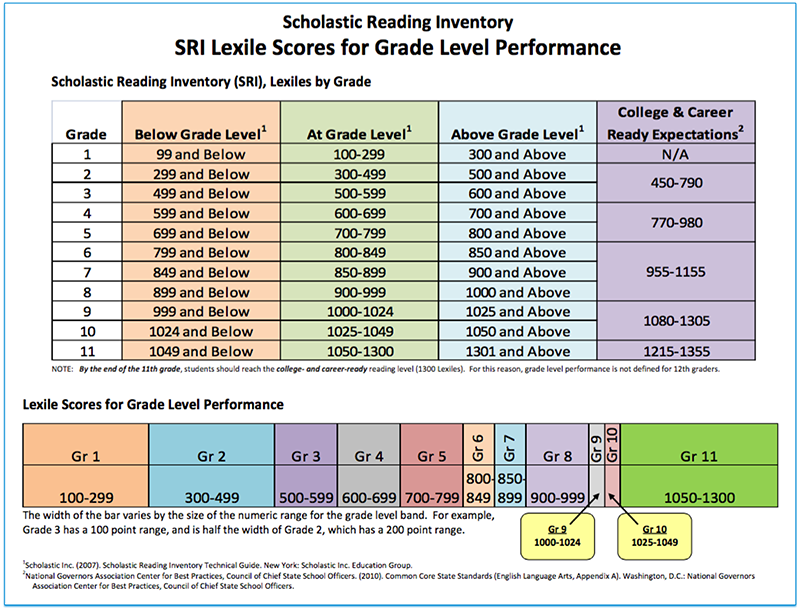 Both Lexile reader measures and Lexile text measures are reported on the Lexile scale and are represented by a number followed by the letter “L” (i.e., 1000L).
Both Lexile reader measures and Lexile text measures are reported on the Lexile scale and are represented by a number followed by the letter “L” (i.e., 1000L).
Lexile measures are quantitative measures that provide insights into the difficulty of the words in a book or article. It is, however, only one of three components associated with text complexity. The other two are qualitative measures (i.e., content, themes, and maturity level) and reader/task considerations. Lexile measures do NOT measure age appropriateness, the book quality, the book’s theme, or other characteristics of the book. For example, The Grapes of Wrath is a rather simple read, but it may have a theme that is inappropriate for a certain age group.
All books with Accelerated Reader 360 quizzes include an ATOS level, a Lexile measure, and an interest level (i.e., lower grades [K–3], middle grades [4–8], middle grades plus [6–8], and upper grades [9–12]. Teachers, librarians, and parents may want to consider all three components when matching students with books.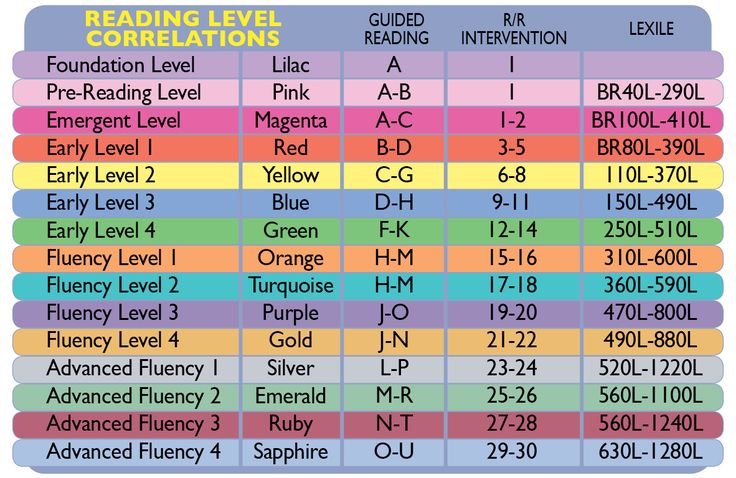
ATOS and Lexile measures are both valid, reliable measures of text complexity that provide a basis for matching students to reading materials. As with all readability formulas, the resulting value is an estimate of the text’s understandability.
How is a Lexile measure obtained?
To obtain a Lexile measure for a book or article, text is split into 125-word slices. Each slice is compared to the nearly 600-million word Lexile corpus, which is taken from a variety of sources and genres, and the words in each sentence are counted. The lengths of sentences and the difficulty of the vocabulary are examined. These calculations are put into the Lexile equation. Then, each slice’s resulting Lexile measure is applied to the Rasch psychometric model to determine the Lexile measure for the entire text.
Select your school
Searching for schools in ZIP code ---
Loading schools…
Don't see your school?
"Book" vocabulary in English
"Book" vocabulary in Englishlingua Airlines Online English School
or +7 (495) 646-00-76
This article is dedicated to all lovers of reading. We have already examined in detail the English word “ book ” - how it is used and in what idioms it is used. But the words " book ” and “ read ” are clearly not enough for the vocabulary of an actively reading person. So let's dive into this topic more deeply: we will analyze the types and genres of books, the main "book" terms, synonyms for the verb to read , useful phrases and expressions for describing books.
We have already examined in detail the English word “ book ” - how it is used and in what idioms it is used. But the words " book ” and “ read ” are clearly not enough for the vocabulary of an actively reading person. So let's dive into this topic more deeply: we will analyze the types and genres of books, the main "book" terms, synonyms for the verb to read , useful phrases and expressions for describing books.
With the advent of digital technologies, books began to be divided into two types: ordinary paper books, which in English are called paper back books , and electronic books - digital books or E- books . The question of which books are better, more pleasant to read, more "real" and so on is one of the most acute among readers. If you talk to a native English speaker about books, don't be surprised if they ask you: What type of books do you prefer reading?
Books are also divided into fiction and non-fiction: fiction and non- fiction .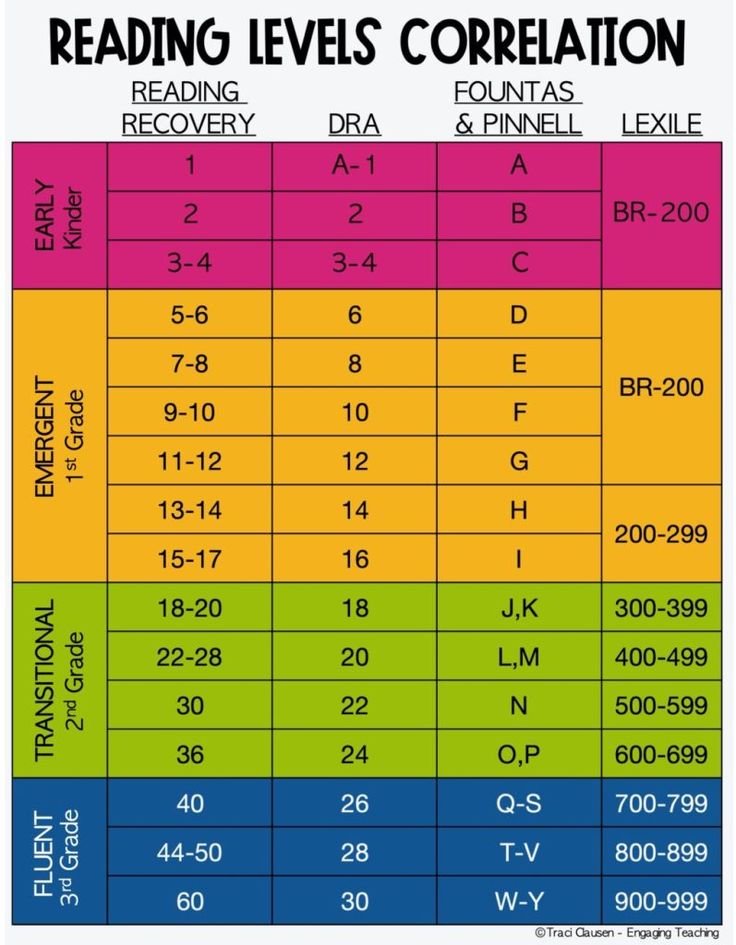 By analogy with these words, such a term appeared in English as “ light fiction ” - “easy” reading. There are more than a dozen main book genres in fiction Genres :
By analogy with these words, such a term appeared in English as “ light fiction ” - “easy” reading. There are more than a dozen main book genres in fiction Genres :
science fiction - Science Fiction ,
fantasy - Fantasy ,
detectives - detective , , , , , , , , , , , , , , , satire - satire .
Collections of short stories or poetry are called anthologies - anthology .
In English there is a special term for women's literature - chick lit : these are women's novels like Bridget Jones's Diary.
Documentary literature can also be different: Business and Finance Books- Business & Finance Books , Autobiography- Autobiography , Culinary Books- Cook- Books , Encyclopedia- ENCLOPDIDIS .
Books can be read in different ways.
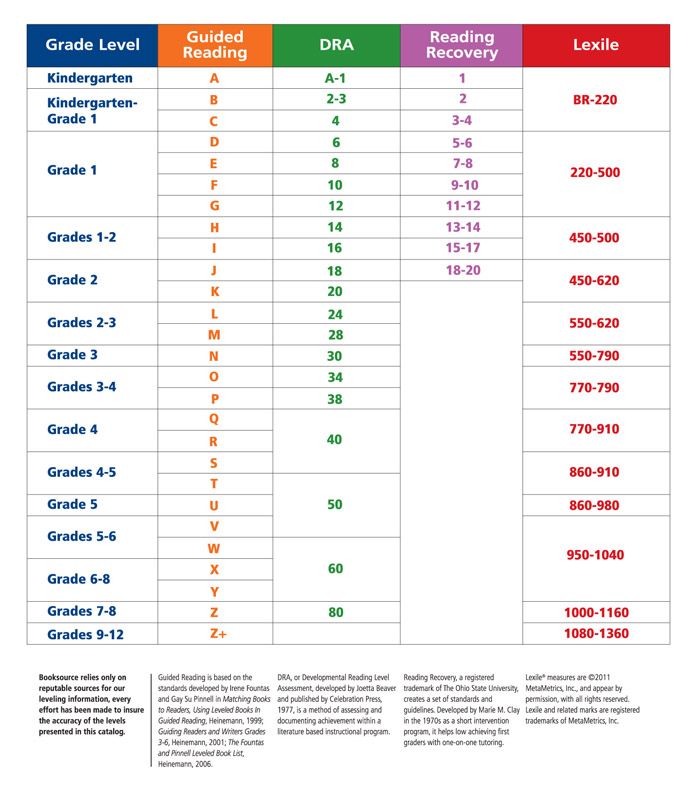
The main verb - to read - describes reading in general, without any clarifications or details. You can add the words aloud or to yourself to it - read aloud or to yourself. And if you want to emphasize that you read the book very carefully, or, on the contrary, looked through it between the lines?
Here are some useful synonyms for the verb to read :
to peruse or to scrutinize
When reading, it is important to be able to catch the hidden meaning, the author's message is to read between the lines .
Very interesting, fascinating books, from which it is difficult to tear oneself away, in English they call page- turner . As a rule, in such books unexpected turns of events - plot twists or touching moments - tearjerkers . If you really liked a passage or a phrase from a book, you can turn the corner on this page - such pages are called in English dog- eared pages , because they look like dog ears.
Do you like to read? Write in the comments about your favorite genres and books. And if you're already reading the original, share your progress.
Like this article? Subscribe to newsletter
2 LESSONS FOR FREE!
10 reasons to read books in English ‹ Ingleks
“He who reads a lot knows a lot,” says a Russian proverb. Does it apply to books in English? Are they worth reading? Previously, literature and newspapers were almost the only sources of information. In the modern world, you can watch movies, videos, listen to podcasts in order to practice English and get new information. We offer to figure out why to read books in English.
1. Increase vocabulary and spelling skills
A good book will always lift your spirits, no matter what language it is written in. Everyone has their own preferences in literature. But, regardless of the genre of the book, you will run your eyes over a hundred different words in the text.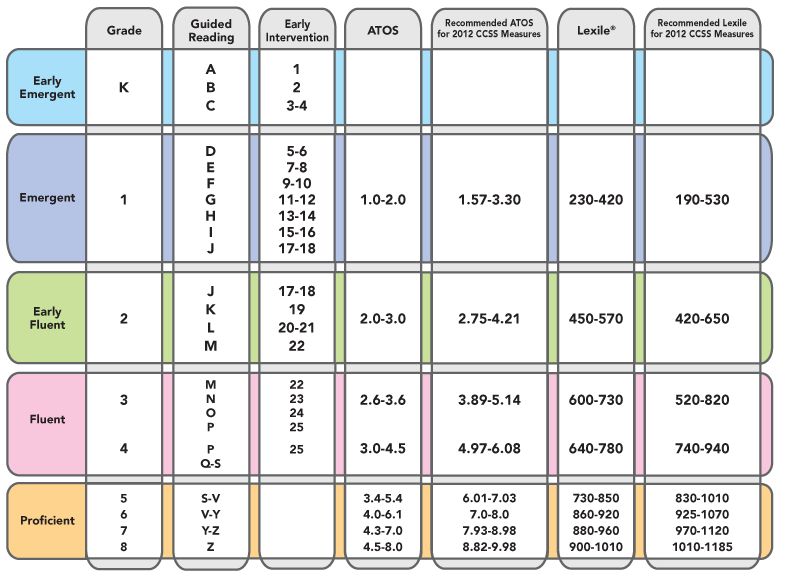 This is an incredibly effective way to enrich your vocabulary, because vocabulary is always used in context. Instead of looking up and memorizing words from a dictionary, you can easily “absorb” them from a book. The more interesting the work, the easier it is for you to learn new vocabulary.
This is an incredibly effective way to enrich your vocabulary, because vocabulary is always used in context. Instead of looking up and memorizing words from a dictionary, you can easily “absorb” them from a book. The more interesting the work, the easier it is for you to learn new vocabulary.
Visual memory works while reading. You remember how words are spelled as you read them. Thus, reading improves spelling. Learn 8 more vocabulary building techniques while reading the book from our article.
2. Activation of passive vocabulary
You understand the meaning of many words and use them easily in speech. This vocabulary belongs to the active vocabulary. But there are such words and grammatical constructions that are included in the passive stock. You guess about the meaning of the latter when you meet them in context, but you don’t use them in speech. Why? Because it is always easier to use a standard set of phrases, one that you know well. However, it is reading in English that helps to activate the passive vocabulary.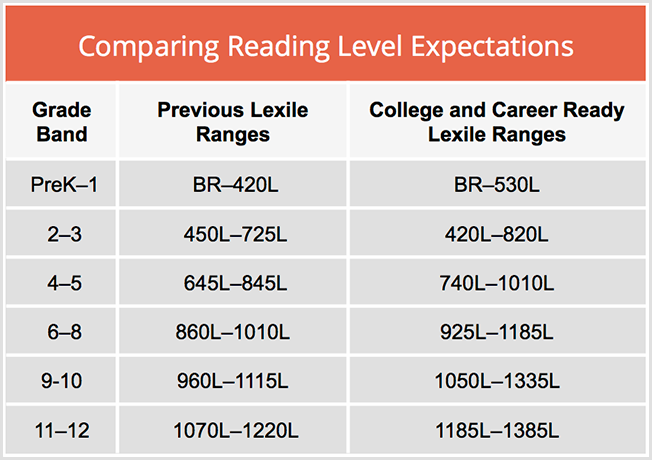 Your speech becomes richer, you yourself will not notice how you will begin to speak in the words of your favorite book characters.
Your speech becomes richer, you yourself will not notice how you will begin to speak in the words of your favorite book characters.
3. Learning grammar in practice
The texts in the books are well-written, so you can see how English grammar “works”. Can't deal with articles? When reading any book, try to pay attention to each article and explain to yourself why it is there. Gradually, you will deal with this topic in practice and difficulties with articles will remain in the past. Explore 8 more simple exercises in our article "How to improve your English grammar while reading a book", they will make your reading even more rewarding.
4. Development of conversational skills
While reading the book, you will memorize new words and phrases, phrases and idioms. Something will be forgotten, but something will remain in memory, and this knowledge can be used in one's own speech. The more you read, the more you can say. Your speech will become more complex and beautiful by reading books.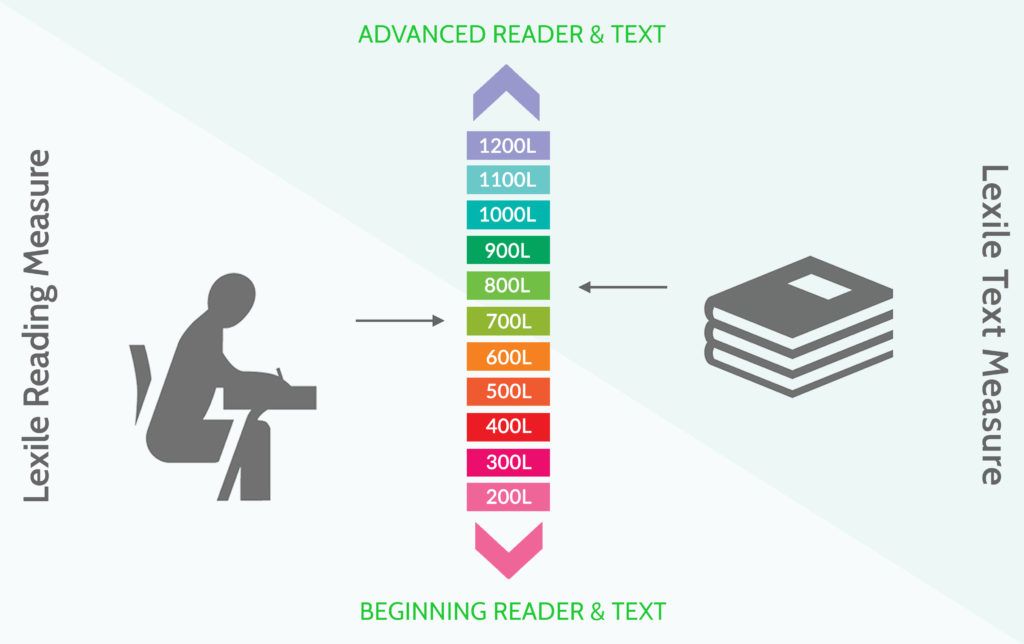
5. Improve your English pronunciation
Every English learner would like to sound like a native speaker. Reading books in English will help you with this as well. To improve your pronunciation, read English texts aloud. In this case, all the words must be familiar to you, otherwise you risk learning the wrong version of the sound of the word. It is best to find an audiobook and the text to it. First, listen to the speaker speak: pay attention to the pronunciation of sounds, intonation, logical pauses and stresses. After that, turn off the audio recording and start reading the text, trying to copy the pronunciation of a native speaker exactly. It is enough to do this for only 10-15 minutes a day, and after a couple of months you will feel noticeable progress. In the article How to Learn English with Audiobooks + 7 Cool Resources, you will find sites where you can find materials for free to improve your knowledge. And be sure to check out the tips from the article "How to improve English pronunciation while reading a book. "
"
6. Complete understanding of the author's language and style
Many complain that reading books in translation is not interesting, the meaning is distorted by the translator. Do you want to feel how the characters of Chuck Palahniuk or Jack London speak? Read their works in the original! You will be surprised by interesting phrases, well-aimed phrases, humor, various synonyms. Reading books by one author, in the future you will recognize his style, fall in love with every word.
7. Cure for old age
Reading in any language makes our brain work, think about what we read. And reading in English forces us to put in twice as much effort. Such a useful exercise will allow you to develop and keep your memory and thinking in good shape. British scientists have already proven that reading is one of the best ways to protect yourself from Alzheimer's disease. If you want to be healthy, read books in English! Also, learn about how learning English changes lives.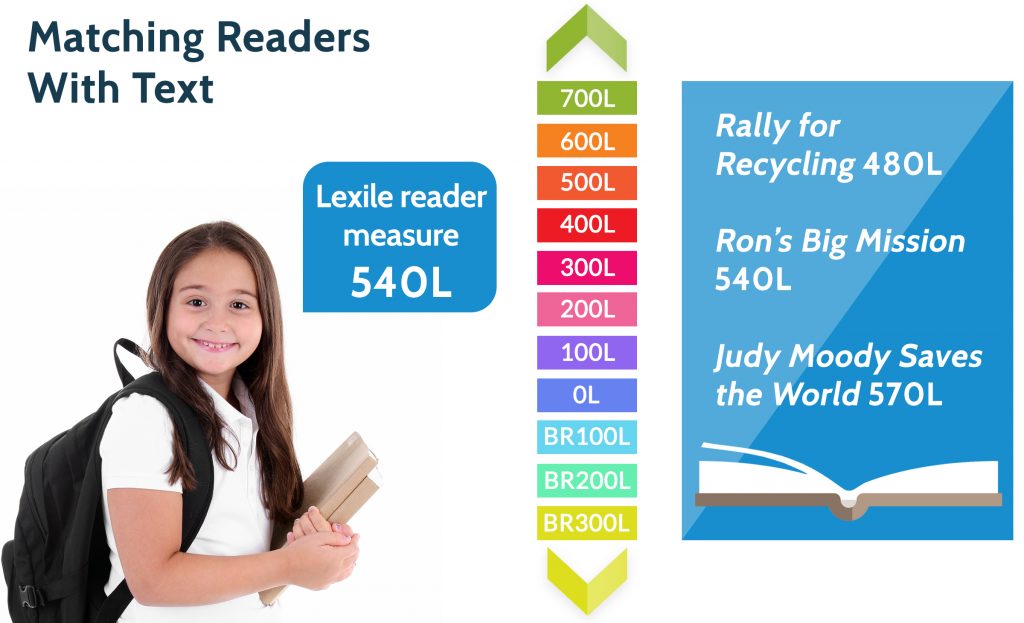
8. Improve concentration
Do you find it difficult to concentrate at work? Then start reading books in English in the evenings. You can read both aloud and silently. In any case, you will concentrate on the text without being distracted by external stimuli, such as the TV turned on in the next room or the chirping of your favorite parrot. In this way, you will learn to focus on one thing, which will help you succeed not only in learning English, but also at work.
9. A great hobby and a way to learn something new and interesting
Reading is a great hobby that suits everyone without exception. And for those who take their first steps in English, and for those who are systematically moving to the top, improving their knowledge of the language. You can read anywhere: at home in an armchair with a cup of tea, on the subway, on the bus. For this you need a desire and a book. A rich world of heroes, characters and situations opens up before you. Reading foreign literature, you will learn about the socio-cultural characteristics of the life of the British, Americans or Australians.